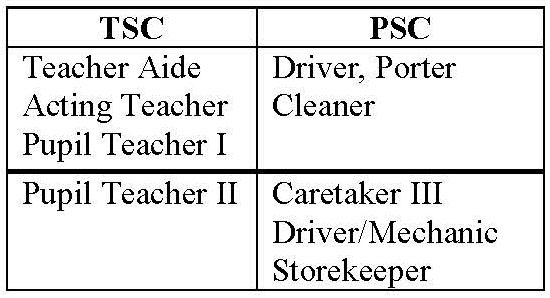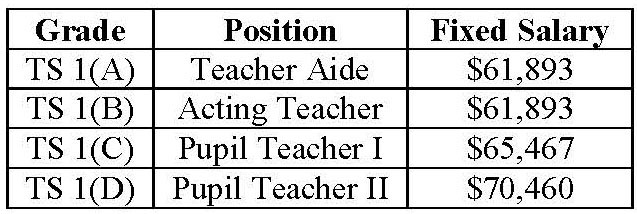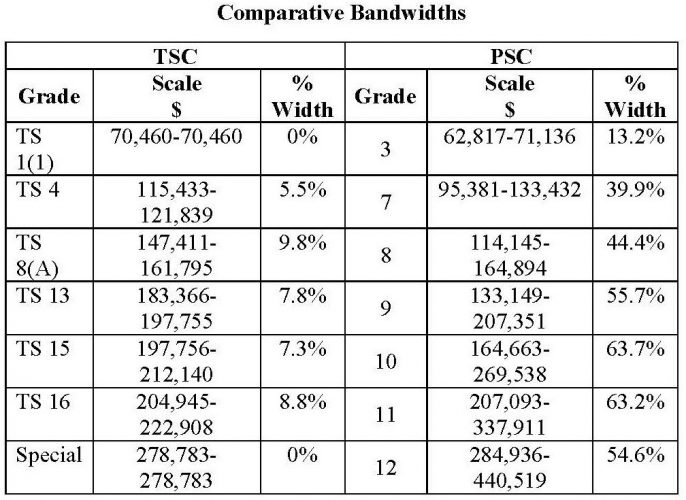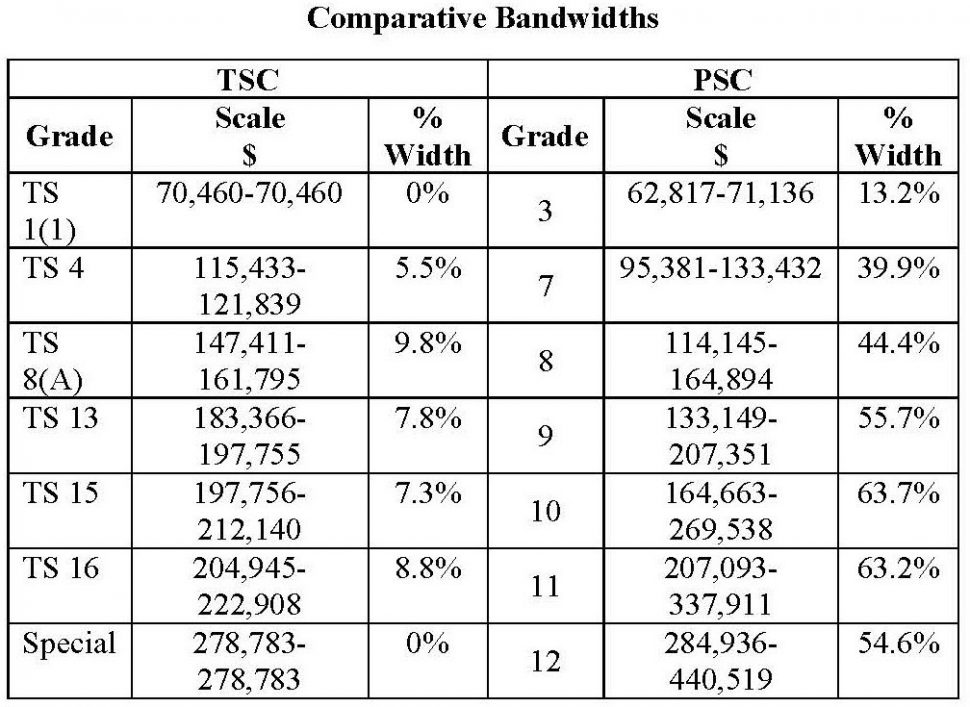Dear Editor,
One continues to be concerned about the non-technical approach of the contending parties towards addressing the salary structure in which teachers are bound.
For example, based on their own protestations, the complainants do not appear to have come to grips with the glaring fact of how disadvantaged their structure is when compared with that of their counterparts in the Public Service. It would be useful, therefore, for the Union to take an interest in the relevant sections of the 2016 Report of the Commission of Inquiry into the Public Service, particularly where it refers to the very troubling matter of ‘de-bunching’.
When attention is paid to the substantial differentials in the widths of the respective salary scales, it will be quickly recognised that ‘de-bunching’ within those narrow scales will prove to be an exercise in frustration, if not near futility.
Indeed, it is to be noted that the following grades of the lowest paid teachers are at fixed salaries; while their counterparts (categorised as ‘unskilled operatives’ in the Public Service), are on scales. See comparative Table below:

Also see related fixed salaries:

How is it that these inequitabilities have not been recognised by the Task Force, the Ministry of Education, the Ministry of Social Protection (Labour), the Ministry of the Presidency and the Guyana Teachers’ Union?
The parties, indeed a future arbitration, should seriously attend to these (amongst others) serious defaults in this anachronistic salary structure, even when compared to that in the Public Service which cries out for major reconstruction also.
What especially hurts is that the Heads of the highest level educational institutions are also paid fixed salaries, which obviously cannot be ‘de-bunched’. Inclusive of those affected are the principals of the Cyril Potter College of Education, the Georgetown Technical Institute, the New Amsterdam Technical Institute, and others at comparable levels (QC, Bishops’ High).
The applicable Grade is derisibly described as ‘Special’:

Presumably, the above are included in the reference reported by SN to ‘teachers’ being placed within a scale. The least that can be done is to award this level of high accountability with an appropriate scale or (scales). The Union owes this as a minimum to these Heads.
But to revert to the de-bunching exercise, it seems critical for the parties to recognise how narrow are the bandwidths of the Teaching Service Commission scales as compared to Public Service scales. The following are samples:

Incidentally, it is to be presumed that the de-bunching formula has been established, since it should have been implemented in the case of Public Servants, based on the recommendation of the aforementioned CoI Report.
Yours faithfully,
E.B. John

